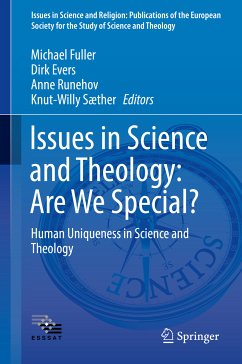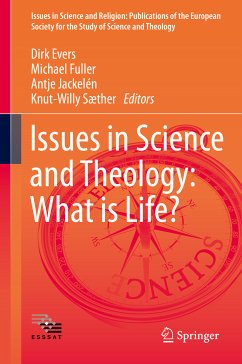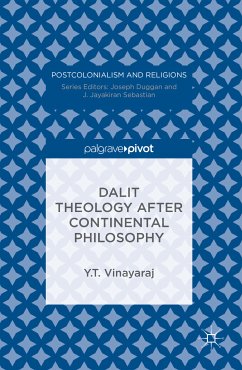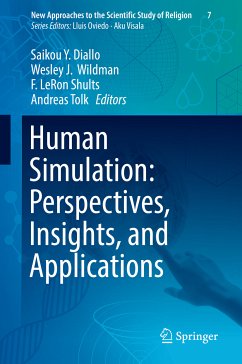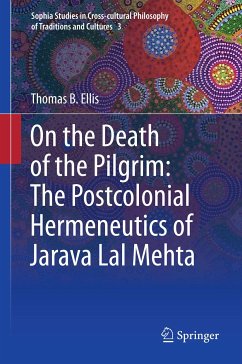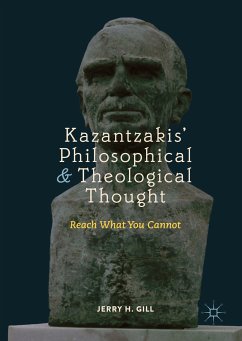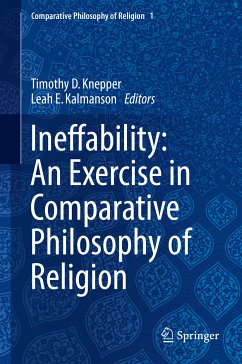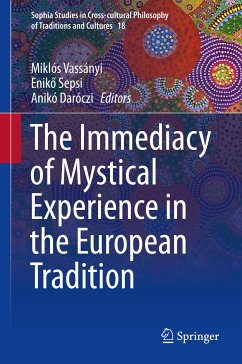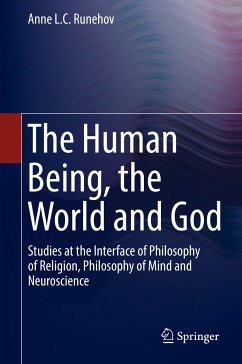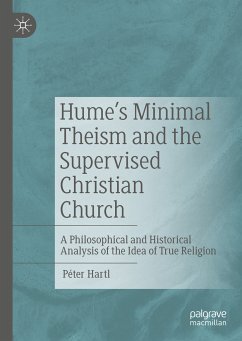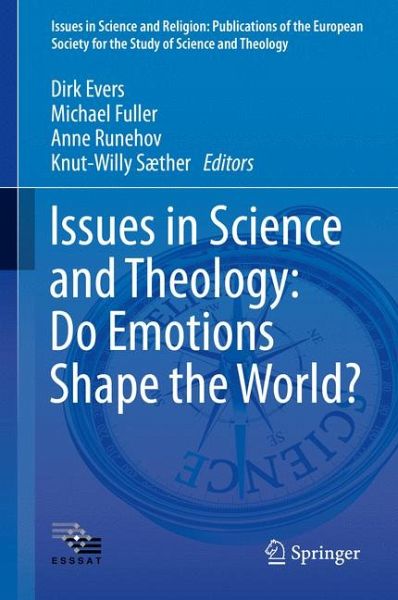
Issues in Science and Theology: Do Emotions Shape the World? (eBook, PDF)
Versandkostenfrei!
Sofort per Download lieferbar
72,95 €
inkl. MwSt.
Weitere Ausgaben:

PAYBACK Punkte
36 °P sammeln!
This volume examines emotions and emotional well-being from a rich variety of theological, philosophical and scientific and therapeutic perspectives. To experience emotion is a part of being human; but what are emotions? How can theology, philosophy and the natural sciences unpack the nature and content of emotions? This volume is based on contributions to the 15th European Conference on Science and Theology held in Assisi, Italy. It brings together contributions from scholars of various academic backgrounds from around the world, whose individual insights are made all the richer by their juxt...
This volume examines emotions and emotional well-being from a rich variety of theological, philosophical and scientific and therapeutic perspectives. To experience emotion is a part of being human; but what are emotions? How can theology, philosophy and the natural sciences unpack the nature and content of emotions? This volume is based on contributions to the 15th European Conference on Science and Theology held in Assisi, Italy. It brings together contributions from scholars of various academic backgrounds from around the world, whose individual insights are made all the richer by their juxtaposition with those from experts in other fields, leading to a unique exchange of ideas.
Dieser Download kann aus rechtlichen Gründen nur mit Rechnungsadresse in A, B, BG, CY, CZ, D, DK, EW, E, FIN, F, GR, HR, H, IRL, I, LT, L, LR, M, NL, PL, P, R, S, SLO, SK ausgeliefert werden.



